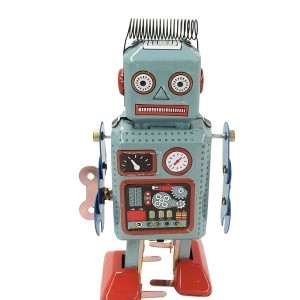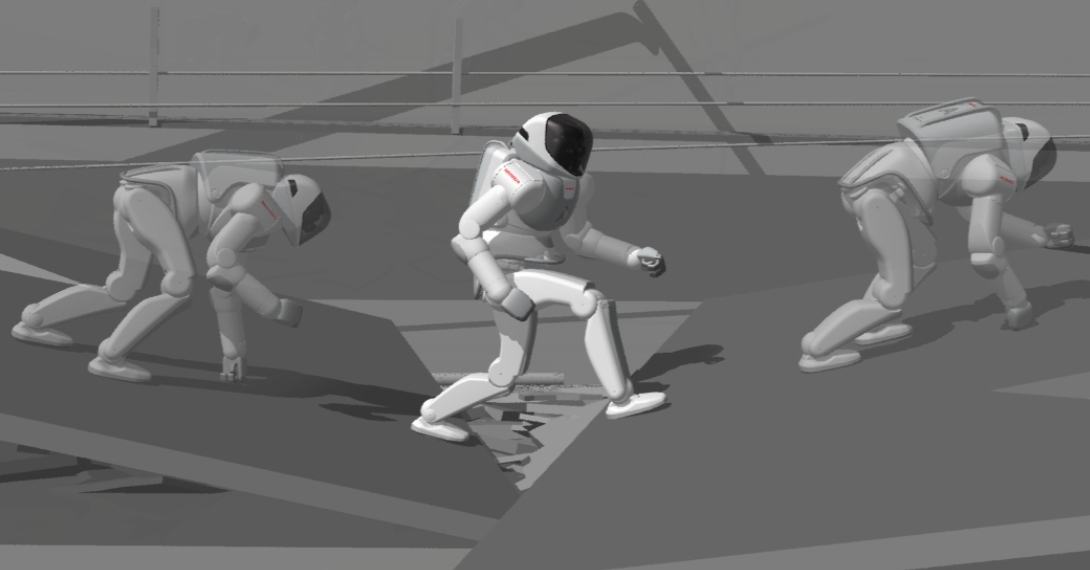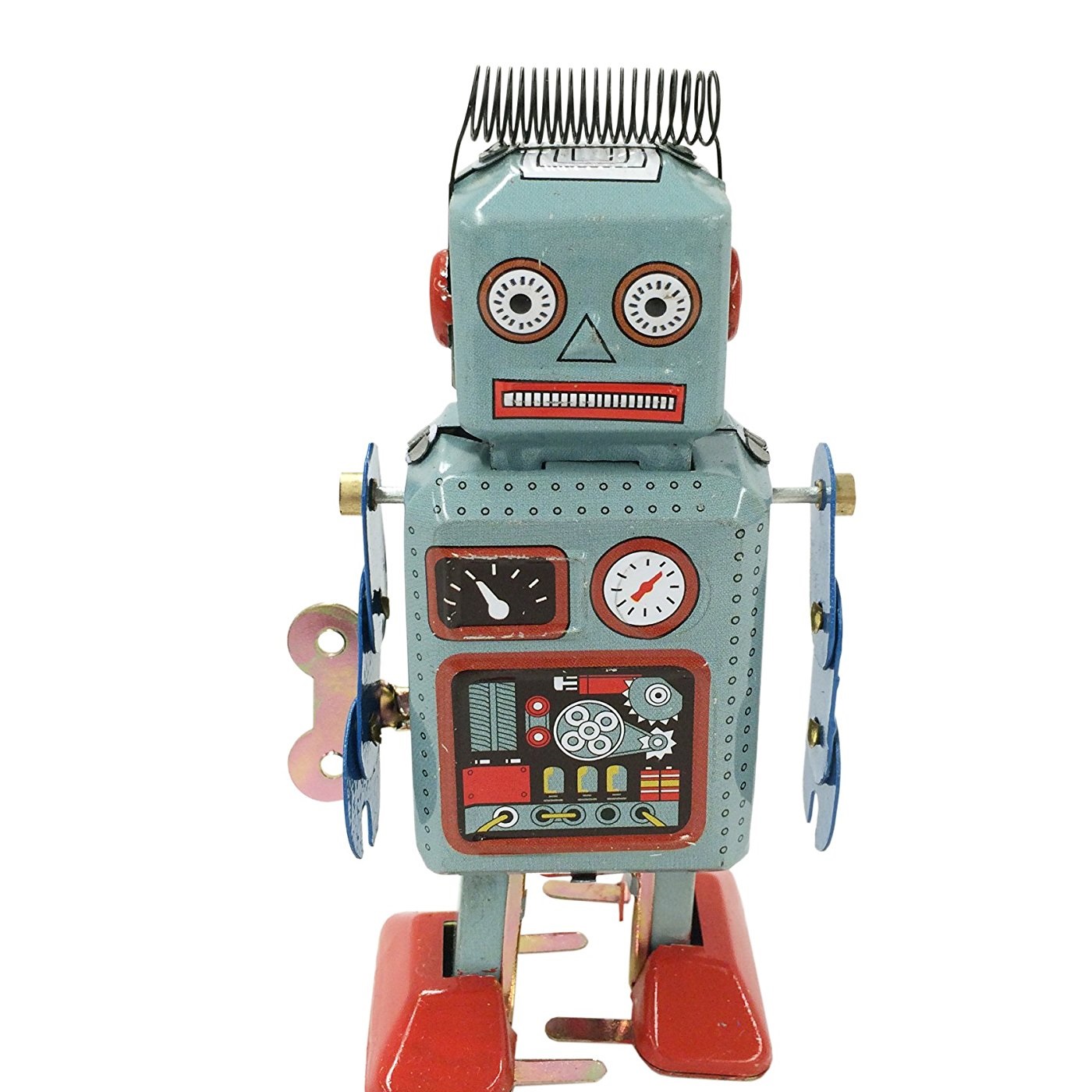Episodes

Friday Nov 22, 2024
Friday Nov 22, 2024
Abonnez-vous à la newsletter Parlons Futur ici : https://www.parlonsfutur.com/
Une fois par semaine au plus, une sélection de news, mêlant sources anglophones et francophones, résumées en bullet points sur des sujets tech 🤖, science 🔬, éco 💰, géopolitique 🌏 et défense ⚔️ pour mieux appréhender le futur 🔮.

Monday Nov 18, 2024
Monday Nov 18, 2024
Abonnez-vous à la newsletter Parlons Futur ici : https://www.parlonsfutur.com/
Une fois par semaine au plus, une sélection de news, mêlant sources anglophones et francophones, résumées en bullet points sur des sujets tech 🤖, science 🔬, éco 💰, géopolitique 🌏 et défense ⚔️ pour mieux appréhender le futur 🔮.

Tuesday Nov 12, 2024
Tuesday Nov 12, 2024
- Pierre Bellanger, fondateur et CEO du groupe Skyrock vient de publier un nouvel essai « La Granularité »
- Il a développé ce concept lors d’une conférence intitulée Un futur singulier au ministère des Armées en 2021.
- "Aujourd’hui, la société est gouvernée par la statistique, mais demain, elle sera régie par les données."
- "Lorsqu’on dispose de peu d’informations sur chaque individu, on administre par catégories. En revanche, lorsqu’on possède une grande quantité d’informations sur chacun, on gère individu par individu : c’est cela, la granularité."
- En voici un résumé de 12 min au format conversation podcast généré via l'IA avec l'outil de Google NotebookLM, bluffant !
- Et sinon, la conversation exclusive entre vrais humains, lui et moi, à retrouver sur mon podcast Parlons Futur sur Apple Podcast et Spotify)
Abonnez-vous à la newsletter Parlons Futur ici : https://www.parlonsfutur.com/ Une fois par semaine au plus, une sélection de news, mêlant sources anglophones et francophones, résumées en bullet points sur des sujets tech 🤖, science 🔬, éco 💰, géopolitique 🌏 et défense ⚔️ pour mieux appréhender le futur 🔮.

Friday Nov 08, 2024
Friday Nov 08, 2024
Abonnez-vous à la newsletter Parlons Futur ici : https://www.parlonsfutur.com/ Une fois par semaine au plus, une sélection de news, mêlant sources anglophones et francophones, résumées en bullet points sur des sujets tech 🤖, science 🔬, éco 💰, géopolitique 🌏 et défense ⚔️ pour mieux appréhender le futur 🔮.

Tuesday Oct 29, 2024
Tuesday Oct 29, 2024
Abonnez-vous à la newsletter Parlons Futur ici : https://www.parlonsfutur.com/
Une fois par semaine au plus, une sélection de news, mêlant sources anglophones et francophones, résumées en bullet points sur des sujets tech 🤖, science 🔬, éco 💰, géopolitique 🌏 et défense ⚔️ pour mieux appréhender le futur 🔮.

Thursday Oct 24, 2024
Exemples choquants de comment l'IA pourrait révolutionner la médecine
Thursday Oct 24, 2024
Thursday Oct 24, 2024
Abonnez-vous à la newsletter Parlons Futur ici : https://www.parlonsfutur.com/
Une fois par semaine au plus, une sélection de news, mêlant sources anglophones et francophones, résumées en bullet points sur des sujets tech 🤖, science 🔬, éco 💰, géopolitique 🌏 et défense ⚔️ pour mieux appréhender le futur 🔮.

Tuesday Oct 15, 2024
Pourquoi OpenAI bloque-t-il le Voice Mode de ChatGPT en Europe ?
Tuesday Oct 15, 2024
Tuesday Oct 15, 2024
Abonnez-vous à la newsletter Parlons Futur ici : https://www.parlonsfutur.com/
Une fois par semaine au plus, une sélection de news, mêlant sources anglophones et francophones, résumées en bullet points sur des sujets tech 🤖, science 🔬, éco 💰, géopolitique 🌏 et défense ⚔️ pour mieux appréhender le futur 🔮.

Thursday Oct 10, 2024
Thursday Oct 10, 2024
Sam Altman a dit : "It is possible that we will have superintelligence in a few thousand days (!); it may take longer, but I’m confident we’ll get there."
source: https://ia.samaltman.com/
Alors possible ? Comment ? Quelles contraintes ? Quels risques ?
OpenAI Scale Ranks Progress Toward ‘Human-Level’:
- Problem Solving Level 1 (where it think it's at): the kind of AI available today that can interact in conversational language with people
- Level 2 (where we're entering): “Reasoners.” This refers to systems that can do basic problem-solving tasks as well as a human with a doctorate-level education who doesn’t have access to any tools.
- Level 3: Agents,” referring to AI systems that can spend several days taking actions on a user’s behalf.
- Level 4: AI that can come up with new innovations.
- Level 5: AI that can do the work of an organization (same as AGI or superintelligence)

Thursday Jul 04, 2024
Agathe & Thomas : GPT-4o ; la fin des devoirs ? ; confier son Tinder à l'IA ?
Thursday Jul 04, 2024
Thursday Jul 04, 2024
Nouveau format dans lequel Agathe interroge Thomas, cofondateur de Yelda, sur certaines news qu'il a partagées dans le dernier numéro de la newsletter Parlons Futur 🚀"The best computer interface I’ve ever used" ; Musk Vs LeCun Twitter fight ; IA pour draguer, faire la guerre & more
Au menu :
- GPT-4o : qu'en retenir
- 00:11:20 : GPT-4 peut faire quasiment tous les devoirs de jeunes : qu'est-ce qu'on dit aux parents, aux professeurs ?
- 00:25:20 : Expérience Tinder : une IA a discuté avec une trentaine de femmes pendant 24h, elles n'ont pas vu la différence.
Vous abonner à Parlons Futur : https://www.parlonsfutur.com/
Agathe Rocher : https://www.linkedin.com/in/agatherocher/
Thomas Jestin : https://www.linkedin.com/in/thomasjestin/
Yelda, l'IA vocale de la relation client : https://www.yelda.fr/

Thursday Jan 18, 2024
Résumé du livre The Coming Wave, écrit par un co-fondateur de DeepMind
Thursday Jan 18, 2024
Thursday Jan 18, 2024

